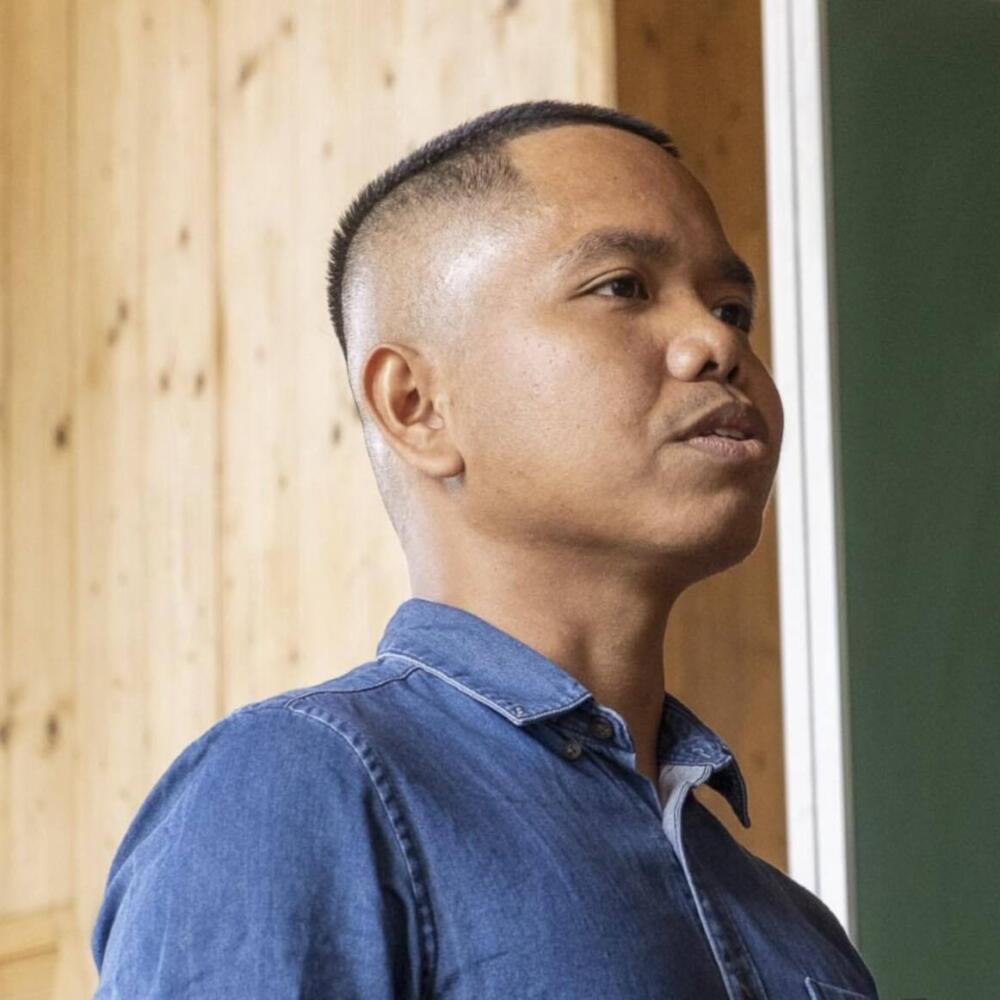Current Realities and Challenges in Agriculture
Perspectives from women biodynamic farmers in the field
Introduction
Women are the heart of subsistence agriculture – playing an important role in the many activities of their farms and gardens. They are like the clouds that bring rain to a village down in a valley, while men are the mountain counterparts, making sure that these waters go to where they are supposed to go. Not diminishing the equally important role of men in agriculture, women have always had their place in the agricultural systems of production and their subsequent contribution to global productivity (Verschuur, 2019).
According to global statistics, sixty-three percent of agricultural producers in sub-Saharan Africa are women. In the US, it is thirty-six percent, while in South Asia, two-thirds of the farm workforce are women (Kelly, 2024). In relation, the Food and Agriculture Organization of the United Nations reported that between sixty (60) to eighty (80) percent of the food in developing countries is produced by women, highlighting further their valid contribution to household food security.
However, numerous studies from FAO confirm that even with this important role of women in agriculture, they still face great difficulty in access to land, inputs, and services for productivity, and even credit (Davies, 2023). That is where the importance of emphasizing Sustainable Development Goal 5 of the United Nations comes into play in the years to come for women in agriculture. Accordingly, there should be, (a) Proportion of total agricultural population with ownership or secure rights over agricultural land, by sex; and (b) share of women among owners or rights-bearers of agricultural land, by type of tenure. (United Nations, nd)
In this regard, while there exists a plethora of studies on women in agriculture at large, there is a noticeable gap in literature specifically focused on current realities and challenges of agriculture from the perspectives of women biodynamic farmers.
Hence, this research endeavor aims to fill this void by shedding light on the unique experiences of women biodynamic farmers. By focusing on this specific niche, the researcher aspires to contribute valuable insights that can inform and support women biodynamic farmers. Furthermore, the project seeks to enhance our understanding of the challenges faced by women in this particular sector, ultimately fostering a more inclusive and informed approach to biodynamic agricultural practices.
In essence, this research not only endeavors to address a gap in existing literature but also strives to pave the way for improved support systems for women biodynamic farmers, thereby benefiting both the individuals involved and the broader biodynamic agricultural community, 100 years after the Agricultural Course.
Michael dela Rosa, Philippines - Anthroposophy Studies on Campus, 2024

